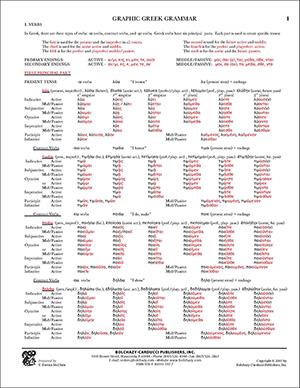The popular appeal of Suetonius' Lives of the Caesars is obvious. Who would not thrill reading about the great Julius Caesar's delight in the Senate's bestowal of the right to wear a laurel wreath on all occasions—because it covered his baldness? Or that the Divine Augustus had rotten teeth and wore special platform shoes to make himself look taller?
Suetonius, however, has not always been as enthusiastically received among historians, who sometimes overlook that he intended his work as biography, not history, or that he patently aimed for prose that was not literary, but instead unadorned, clear, and concise. Such qualities of prose, however, happily make his Latin enjoyable both to teach and to read. And while Suetonius' details of the weird worlds of extraordinary men are endlessly entertaining, they are not merely that. This businesslike biographer produced an extraordinarily influential work. His Caesars is a landmark in the history of biographical writing, and remains a key source for the history of Rome, its transition from Republic to Empire, and contemporary efforts to come to terms with individual destiny, through astrology, physiognomy, dream analysis, and more. Through to the present day Suetonius has profoundly shaped modern perceptions of Roman society.
Special Features
- Introduction to Suetonius' life, genre, method, style, and achievement
- 527 lines of unadapted Latin text selections from each of the Lives of the Caesars and the entire Life of Horace. Selections included are: Julius Caesar 81.1–82.3; Augustus 78 and 33; Tiberius 40–44, 60, and 62.2; Caligula 19, 55, and 45–46; Claudius 41–42; Nero 20–21; Galba 2–3; Otho 2–3; Vitellius 13; Vespasian 21–22; Titus 8.3–4; Domitian 12 and 18; Life of Horace
- Grammatical and historical notes at the back
- 1 map and 7 photographs
- Complete vocabulary

The Iliad of Homer : The Living Voice of Greek and Latin Literature
$55.00


















